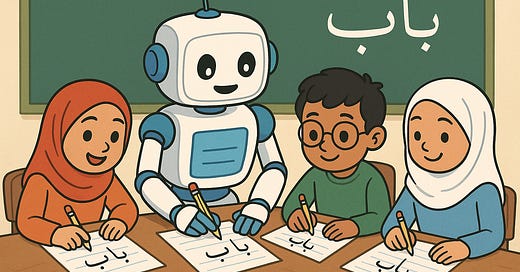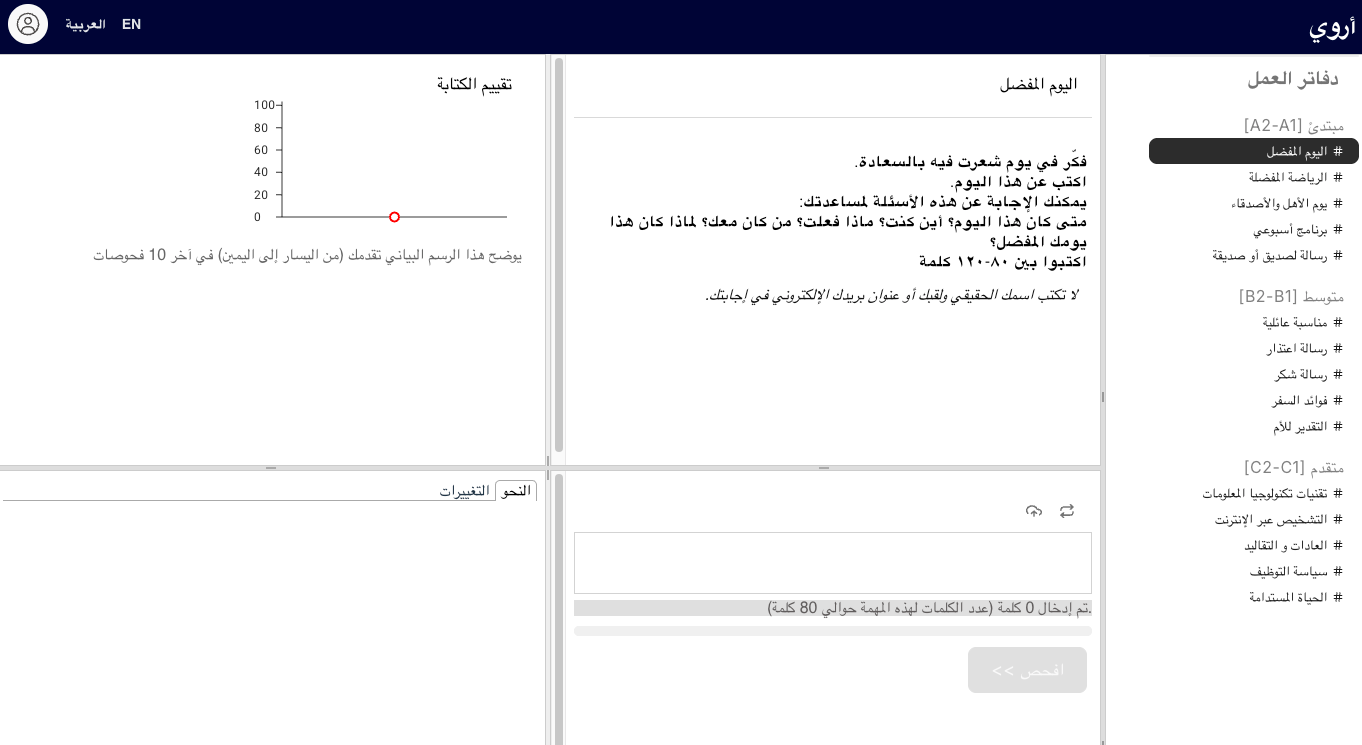Governments are getting serious about AI in education; inside Black Forest Labs, Europe's elusive AI startup; why OpenAI acquired Windsurf; the Oscars are okay with AI in movies; AI as a collaborator
How Amazon overcame a GPU crunch; AI data centers might cost $200b by 2030; AI employees are a year away; charting the AI revolution; software companies are getting squeezed by AI
The push to integrate artificial intelligence into education is rapidly gaining momentum worldwide, with governments recognizing AI’s potential to enhance learning experiences and outcomes.
Earlier this year, the UK government unveiled plans to work with 16 ed tech companies and universities and develop AI teacher tools aimed at "breaking down barriers to opportunity," demonstrating how AI can provide personalized, adaptive learning experiences that cater to individual student needs and help teachers with mundane, repetitive tasks such as marking homework. Soon after, Estonia announced a new initiative that will provide 20,000 high school students and 3,000 teachers access to an educational version of ChatGPT in a bid to help them build new digital skills, including student support, study assistance, and lesson planning..
Similarly, in the United States, President Trump signed an executive order this week which emphasizes advancing AI-driven education to better prepare American youth for a digital economy. Meanwhile, entrepreneur Andrew Ng's new startup Kira Learning seeks to redefine teaching by leveraging AI agents to offer highly personalized learning support, signaling how AI could reshape the very fabric of education.
Amid these global developments, a particularly innovative approach comes from Mohammed Bin Zayed University of Artificial Intelligence (MBZUAI), where researchers in the university’s NLP department have developed ARWI (Arabic Write and Improve), a writing assistant tailored specifically for Modern Standard Arabic (MSA).
Despite Arabic's status as a major global language spoken by over 400 million people, sophisticated writing assistance tools have historically lagged behind their English counterparts, as have other generative AI technologies such as LLMs. On top of that, some countries in the Middle East have faced cultural and demographic changes over the last decade, resulting in English becoming as common in everyday use as Arabic, which has led to a drop in Arabic writing proficiency among younger people. ARWI addresses these two challenges.
Built in collaboration with IBM Research, ARWI stands out due to its unique blend of technology and user-centric design. It offers an intuitive Arabic text editor with advanced grammatical error detection and correction capabilities, providing detailed, actionable feedback to users. Unlike existing commercial Arabic grammar tools, ARWI’s error detection mechanism leverages cutting-edge machine learning, fine-tuned specifically for Arabic’s grammatical complexities. Moreover, it includes automated essay scoring aligned with the internationally recognized Common European Framework of Reference (CEFR), helping learners accurately assess and improve their language proficiency.
The real innovation of ARWI lies in its multi-functional infrastructure. It maintains an expansive database of writing prompts suitable for various proficiency levels, enabling learners to engage progressively with complex writing tasks. Additionally, ARWI supports user profiling to tailor the learning experience further, considering dialect, native language, and existing proficiency levels, thus enhancing personalization and efficacy.
Perhaps ARWI’s greatest potential lies in its capability to continuously generate and store a vast corpus of auto-annotated Arabic essays, creating an invaluable resource for researchers aiming to refine Arabic NLP models further. Preliminary user studies already indicate ARWI’s effectiveness in helping learners identify and address grammatical weaknesses, resulting in real improvements in writing proficiency.
ARWI is a great example of public and private organizations collaborating on AI-driven educational initiatives, hopefully inspiring similarly impactful innovations in other languages and disciplines worldwide.
And now, here are the week’s news:
❤️Computer loves
Our top news picks for the week - your essential reading from the world of AI
MIT Technology Review: Seeing AI as a collaborator, not a creator
Sifted: Black Forest Labs: Europe’s most-hyped — and elusive — startup?
Business Insider: 'Project Greenland': How Amazon overcame a GPU crunch
TechCrunch: Why OpenAI wanted to buy Cursor but opted for the fast-growing Windsurf
TechCrunch: Within six years, building the leading AI data center may cost $200B
The New York Times: Oscars OK the Use of A.I., With Caveats
WSJ: Here’s How Big the AI Revolution Really Is, in Four Charts
MIT Technology Review: AI is pushing the limits of the physical world
Business Insider: More than 100 public software companies are getting 'squeezed' by AI, according to a new study
WSJ: AI Is Enabling an Always-On Economy. Companies Need to Pick Up the Pace.
The Verge: The humble screenshot might be the key to great AI assistants
Keep reading with a 7-day free trial
Subscribe to Computerspeak by Alexandru Voica to keep reading this post and get 7 days of free access to the full post archives.




